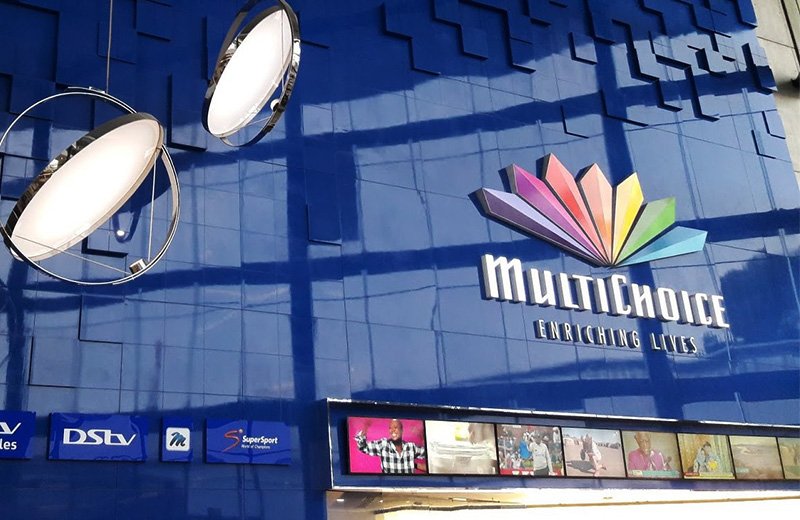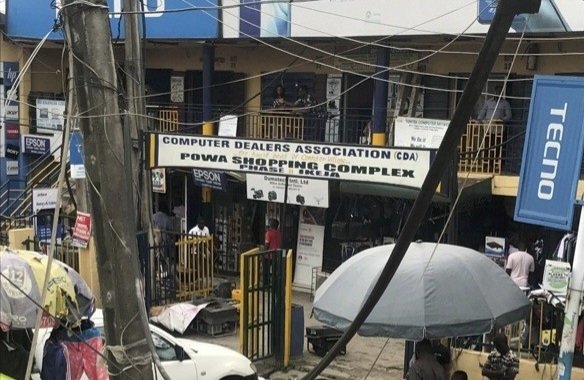Nigeria says she has agreed to a sales deal of 2.1 trillion barrels of crude oil for 20 years to the newly built Dangote Refinery, chiefly from the oil reserves of the Niger-Delta region.
It comes to 300,000 barrels per day.
The disclosure was made by the GMD of Nigeria’s now privatized and former oil state company, the Nigeria National Petroleum Corporation Limited (NNPC), Mr Abba Kyari.
Nigeria, OPEC’s sixth largest oil producer, is curiously unable to refine its crude oil with five moribund refineries around the country.
The Dangote Refinery is owned by Kano-business man, Aliko Dangote.
Nigeria invested $2.1 billion for only 20% stake of the company.
Abba Kyari pitched the sealed supply contract as a way to secure sales of Nigeria’s crude in the event of the dearth of international crude buyers.
“We knew that time would come when you would look for people to buy your crude and you would not find. We have secured the right to sell up to 300,000 barrels of crude oil to the Dangote refinery for the next 20 years,” he said.
Buhari’s government claims Nigeria is domestically consuming up to 100 million Litres of Premium Motor Spirit, PMS or car fuel, a figure strongly debated by some analysts.
Dangote Refinery, located in the Lekki Free Trade Zone of Lagos State, is expected to commence operation mid-next year and could meet up to half of the estimated daily domestic demand for PMS.
The government had refused to allow modular refineries advocated for by some stakeholders of the Niger Delta region and seemed to prefer importation, at the hefty cost of trillions of Naira in subsidies.
But Kyari is promising a quick fix on the local refineries saying, the combination of Dangote and the local state refineries “will eliminate any importation of petroleum products into this country” from next year and Nigeria could turn to a net exporter of refined petroleum products.”
Nigeria, he says, “will be a hub for the export of petroleum products, not just to the West African sub-region. This will happen. The flow of supply will change by the middle of next year, it will change. You will not need the importation of petroleum products into this country by the middle of next year.”








